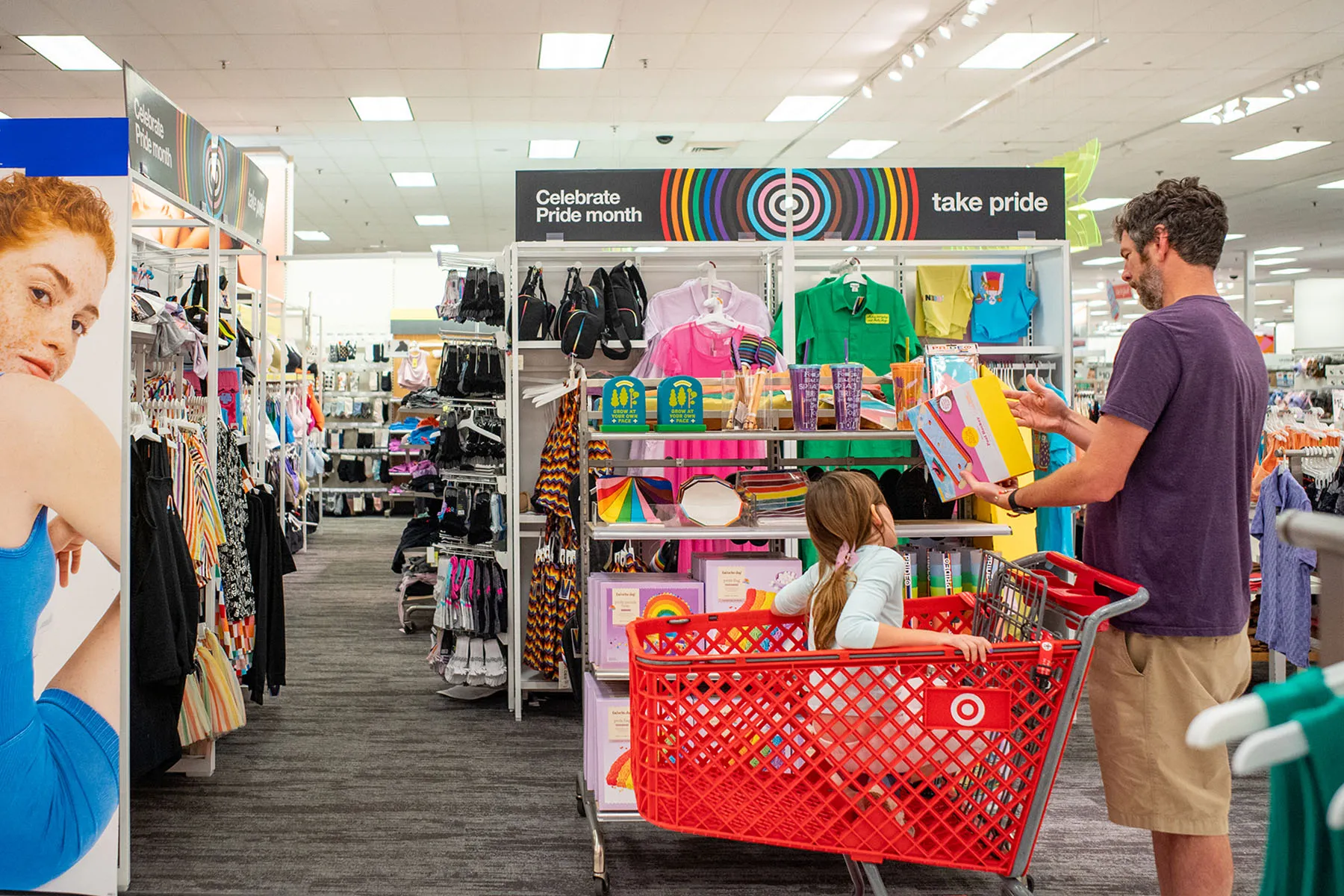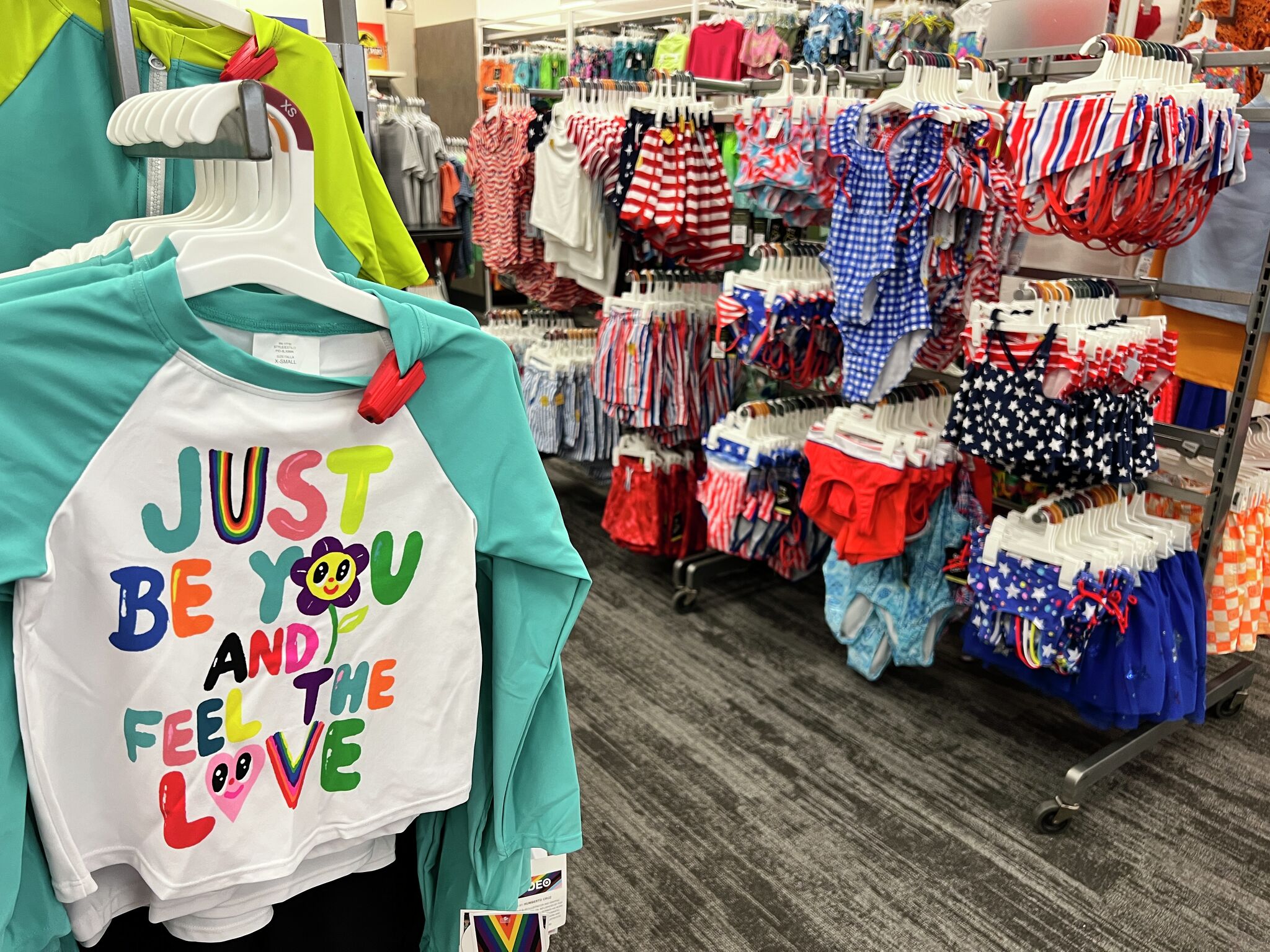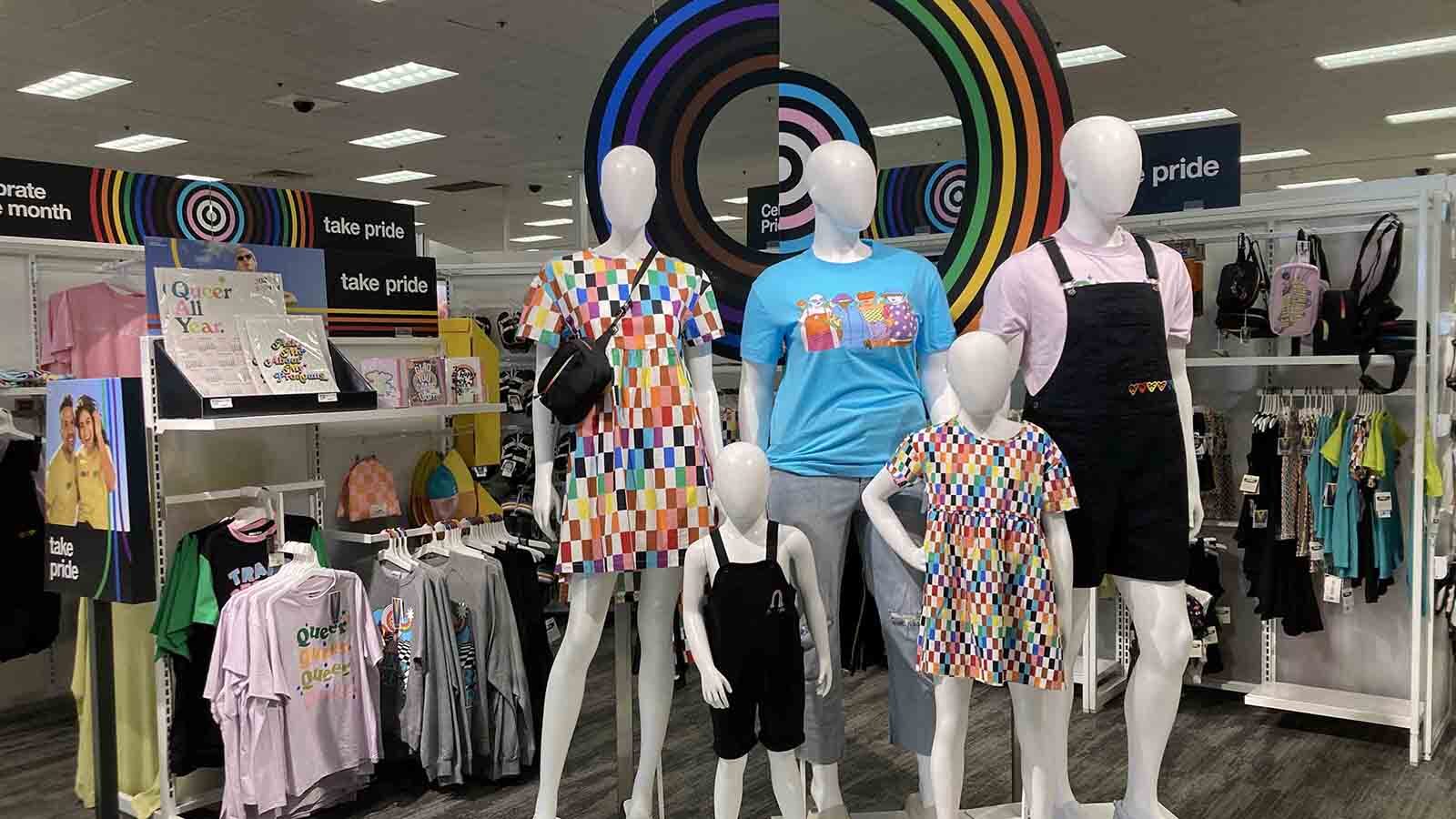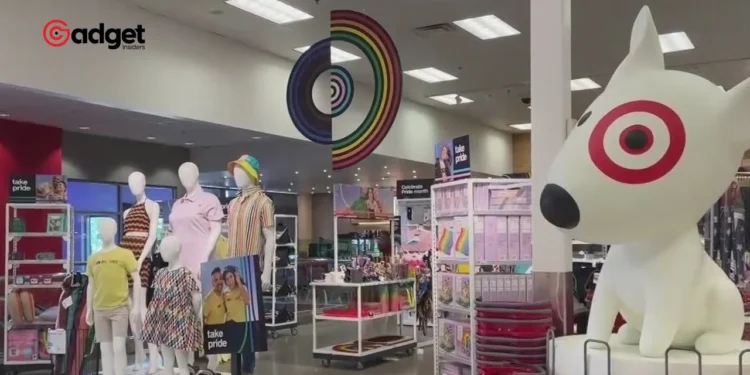In the world of retail, Target’s recent decision to scale back its 2024 Pride collection has sparked a heated debate and backlash from the LGBTQ community and its advocates. This move came after a turbulent 2023 season, where the company faced criticism and boycott threats over its inclusion of transgender swimsuits and LGBTQ-themed children’s merchandise. The consequences of these actions have led to allegations of anti-LGBTQ sentiments and have raised questions about the brand’s commitment to diversity and inclusion.

Artists Speak Out Against Target’s Decisions
Several artists involved in the design of Target’s Pride collection have openly criticized the retail giant for not only pulling back from their commitments but also for failing to properly compensate them for their contributions. One artist expressed their frustration on Instagram, stating, “I spent over 160 hours designing my collection, hours I could have spent on paying work. Unfortunately, I was dropped completely after the rampant homophobia and transphobia during last year’s Pride season. No explanation, no compensation, nothing.”
📢 Target scales back so-called "Pride" celebrations and collection, a victory for the pro-family side. The move comes after controversy and financial losses. @WalkerWildmon with @toddstarnes pic.twitter.com/Eur1sEgdQF
— AFA Action (@AFAAction) May 21, 2024
Shanée Benjamin, another artist, echoed this sentiment, revealing her decision to cancel her Target Circle membership after seven years due to the company’s actions. Benjamin highlighted that the dismissal came abruptly as part of what she describes as “pandering to the hateful right/trumpsters.”
En Tze Loh, also affected, pointed out the lack of transparency and fair compensation for their work: “We are only being compensated for the 4 designs they manufactured, however we don’t know how much and we haven’t seen a single cent yet.”

Target’s Response and Operational Changes
Amidst the controversy, Target has attempted to clarify its stance. In a press release dated May 9, the company asserted its ongoing support for the LGBTQ community, stating that the decision to modify the Pride collection was based on consumer feedback and previous sales performance. “We’re offering a collection of products including adult apparel and home and food and beverage items, curated based on consumer feedback,” the statement read.
However, the brand’s commitment was further tested as it dealt with safety threats to its employees, leading to some Pride items being discreetly moved or removed from certain stores. Target CEO Brian Cornell addressed this in an earnings call, emphasizing the company’s stance against violence and hate: “I want to make it clear, we denounce violence and hate of all kinds. And the safety of our team and our guests is our top priority. So, to protect the team in the face of these threatening circumstances, we quickly made changes, including the removal of items through the center of the most significant confrontational behavior.”

The Impact on Sales and Brand Image
The backlash from the LGBTQ community and its supporters, coupled with the conservative pushback, has left Target in a precarious position. Following the controversy, the company reported a 5.4% decline in sales during the second quarter of 2023, highlighting the financial impact of such social issues on corporate strategies.
As Pride Month merchandise like “tuck-friendly” swimsuits and other themed products make their subdued appearance on Target’s shelves, the question remains: Can Target find a balance that satisfies both its commitment to diversity and the varying sentiments of its customer base? This ongoing saga not only underscores the challenges faced by corporations in navigating social issues but also reflects the broader societal conflicts surrounding LGBTQ rights and recognition.










